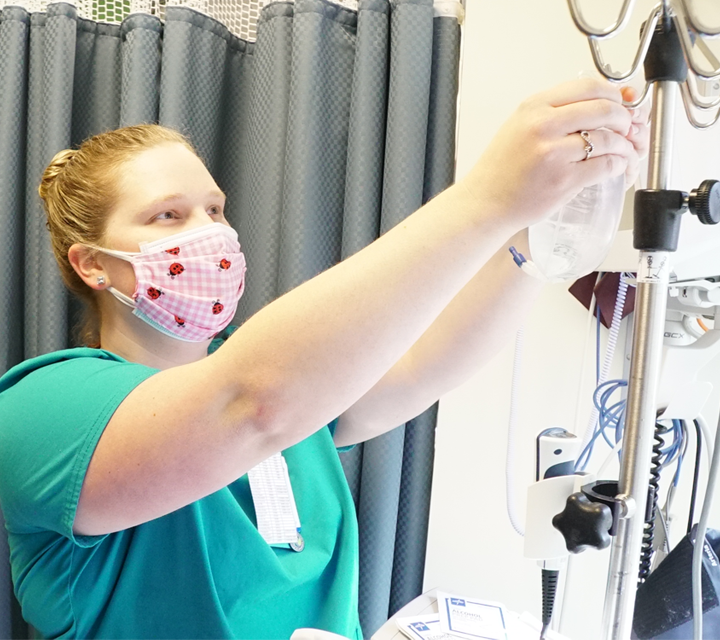Cancer Clinical Trials
Clinical trials are research studies designed with the goal of discovering better methods to diagnose, treat and prevent cancer. Participants have the opportunity to receive new treatments before they are widely available. Clinical trials test many types of treatments, such as new drugs, new surgical techniques, or new treatment options. Trials are an essential component of cancer research and care.

Clinical Trials at Phoebe
Clinical trials are a great way for patients to get access to new, cutting-edge treatments. They are available for cancer patients who are eligible and wish to participate. The decision to participate in a clinical trial is a very personal one and depends on many factors, including the benefits and risks of the study and what the patient hopes to achieve by participating.
To learn more about clinical trials at Phoebe, call 229-312-0405.
